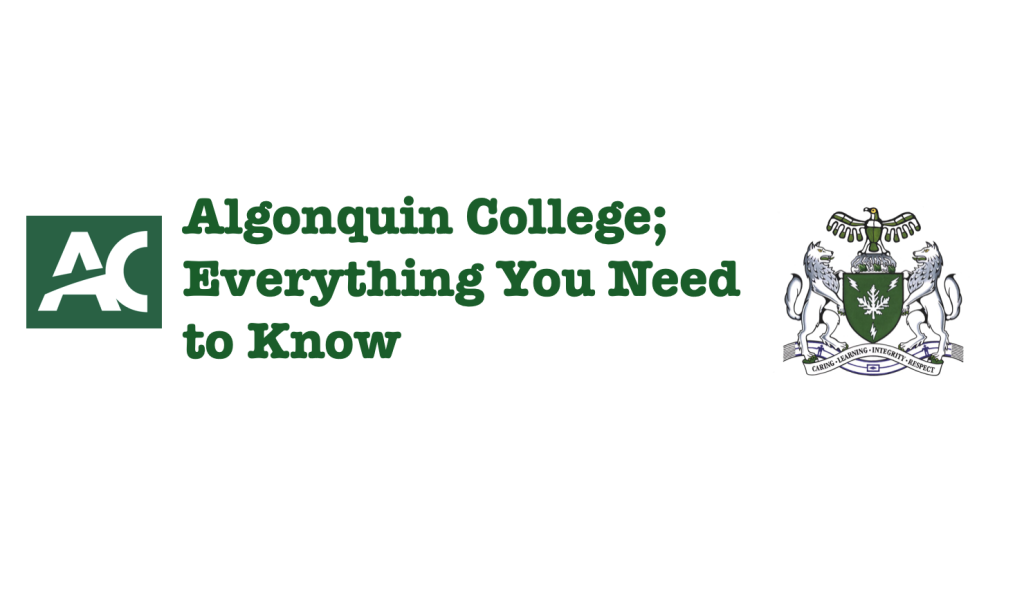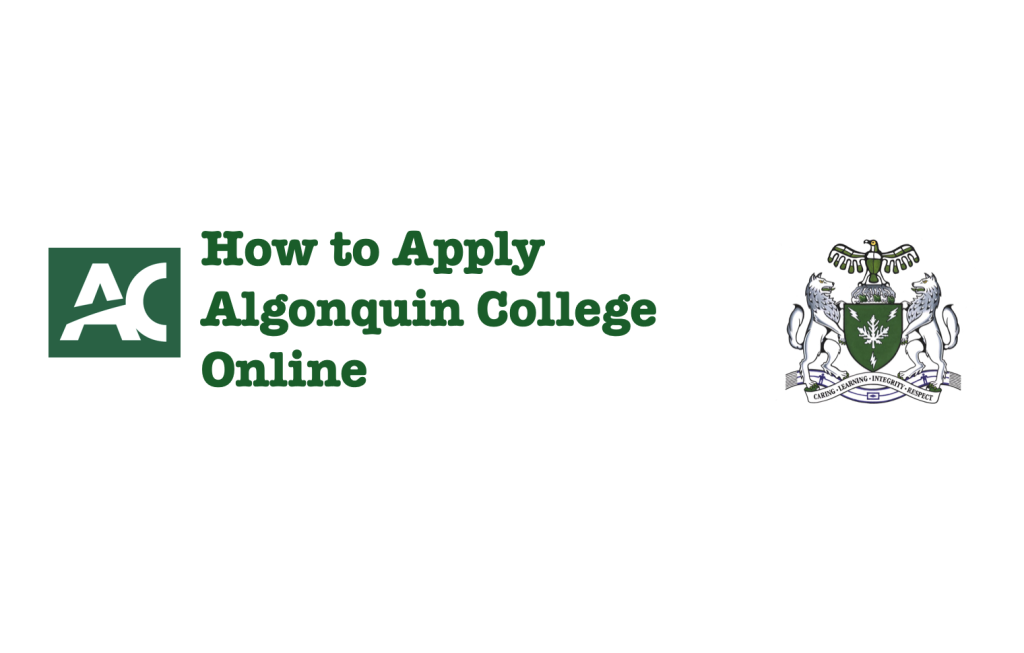Navigating Program Selection for International Students in Ontario: A Comprehensive Guide — Choosing the right program of study in Ontario colleges and universities is a pivotal decision for international students. This guide aims to provide a comprehensive roadmap, aiding in the program selection that align with individual goals, career aspirations, and personal interests. From understanding the diverse academic landscape to navigating the admission process, this guide will illuminate the key considerations for international students seeking the most fitting educational path in Ontario.

Table of Contents
Understanding Ontario’s Academic Landscape:
Overview of Programs Offered:
Ontario’s colleges and universities offer a diverse array of programs ranging from arts and humanities to sciences, technology, engineering, and mathematics (STEM). Understanding the breadth of available programs is crucial for making informed decisions.
Prospective students should explore program catalogs, faculty profiles, and course structures to gain insights into the academic offerings across institutions. This exploration lays the foundation for a well-informed program selection.
Differentiating Between Colleges and Universities:
Ontario boasts both colleges and universities, each offering unique educational experiences. Colleges typically focus on hands-on, practical training, while universities emphasize theoretical and research-oriented learning.
International students must consider their preferred learning style, career goals, and the type of educational experience they seek. This understanding aids in choosing between a college or university setting that aligns with individual preferences.
Researching Accreditation and Rankings:
Evaluating the accreditation and rankings of institutions and programs is integral to ensuring the quality of education. Ontario’s universities and colleges undergo rigorous accreditation processes, and rankings provide insights into academic excellence.
Prospective students should explore university rankings, program-specific accreditations, and industry recognitions to gauge the overall quality and reputation of the programs they are considering.
Read Also: 2023 Top 10 Best Universities in Ontario
Aligning Programs with Career Goals:
Assessing Personal Interests and Strengths:
Self-reflection is a foundational step in program selection. International students should assess their personal interests, strengths, and areas of passion to identify programs that resonate with their academic and career aspirations.
Utilizing self-assessment tools, career counseling services, and informational interviews can provide valuable insights into individual preferences and strengths. This self-awareness guides students toward programs that align with their intrinsic motivations.
Researching Career Opportunities:
A program’s connection to future career opportunities is a critical consideration. International students should research the employment outcomes of graduates from their chosen programs, exploring job placement rates, industry partnerships, and alumni success stories.
Networking with professionals in the chosen field, attending career fairs, and leveraging institutional career services provide valuable insights into the practical applications of the chosen program in the job market.
Considering Future Trends and Industry Developments:
Remaining abreast of future trends and industry developments is essential for choosing a program with long-term relevance. Emerging fields, technological advancements, and global industry shifts can influence the demand for specific skills.
Prospective students should explore industry reports, attend conferences, and engage with professionals to gain insights into the evolving landscape of their chosen field. This forward-thinking approach ensures program selections that align with future job market demands.
Read Also: Top 10 Reasons Why Choose Ontario Universities
Navigating Admission Requirements and Processes:
Understanding Admission Criteria:
Each program and institution in Ontario may have distinct admission criteria. International students should carefully review these criteria, considering academic requirements, language proficiency tests, and any supplementary materials required for admission.
Clear comprehension of admission criteria allows students to prepare comprehensive application packages tailored to the specific requirements of their chosen programs.
Exploring Language Proficiency Requirements:
Language proficiency is a key component of admission requirements. International students must meet English language proficiency standards, typically assessed through standardized tests such as IELTS or TOEFL.
Preparing for language proficiency tests and meeting the required scores is essential for a smooth admission process. Engaging in language preparation courses and practice tests enhances confidence and readiness.
Utilizing Admission Support Services:
Colleges and universities in Ontario provide admission support services for international students. These services include guidance on the application process, document submission, and assistance with any queries related to admission.
Prospective students are encouraged to utilize these support services, seeking guidance from admissions officers, international student advisors, and support staff. This collaborative approach ensures a seamless and well-informed admission process.
Read Also: Top 10 reasons why you should choose Ontario colleges
Evaluating Institutional Support for International Students:
Understanding International Student Services:
The level of support provided to international students varies across institutions. Researching and understanding the scope of international student services is crucial for a positive educational experience.
Services such as orientation programs, academic counseling, cultural integration support, and immigration assistance contribute to a supportive and inclusive learning environment. Prospective students should prioritize institutions with robust support structures.
Exploring Scholarships and Financial Aid:
Financial considerations play a significant role in program selection. International students should explore scholarship opportunities, grants, and financial aid packages offered by institutions to alleviate the financial burden associated with education.
Understanding eligibility criteria, application processes, and deadlines for financial aid programs ensures that prospective students can make informed decisions regarding the affordability of their chosen programs.
Engaging with Alumni and Current Students:
Insights from alumni and current students offer valuable perspectives on the student experience. Prospective students should actively engage with alumni networks, attend information sessions, and connect with current students to gain firsthand insights into program satisfaction, challenges, and success stories.
This engagement provides a realistic preview of the academic and social aspects of chosen programs, aiding in the decision-making process.
Read Also: How to apply for financial aid for post-secondary education in Ontario for international students
Planning for Academic Success and Beyond:
Mapping Academic Progression:
Planning for academic success involves mapping out the progression of a chosen program. Understanding the curriculum structure, course prerequisites, and potential areas of specialization allows students to plan their academic journey strategically.
Prospective students should explore program outlines, course descriptions, and elective options to ensure alignment with their academic goals and interests.
Considering Extracurricular Opportunities:
Beyond academic considerations, extracurricular opportunities contribute to a holistic student experience. International students should explore clubs, societies, research opportunities, and internships offered by institutions to enrich their overall educational experience.
Participation in extracurricular activities enhances personal and professional development, fostering a well-rounded educational journey.
Exploring Post-Graduation Opportunities:
Planning for post-graduation is essential for international students. Researching post-graduation work permits, immigration pathways, and potential career opportunities in Ontario provides clarity on the options available upon program completion.
Engaging with career services, attending job fairs, and building professional networks during the academic journey contribute to a seamless transition from education to employment.
Read Also: How to Prepare for the Ontario Secondary School Literacy Test (OSSLT)
Conclusion: Navigating Program Selection for International Students in Ontario
In conclusion, choosing the right program of study in Ontario colleges and universities for international students is a multifaceted process that requires careful consideration of academic, career, and personal factors. By understanding the academic landscape, aligning programs with career goals, navigating admission requirements, evaluating institutional support, and planning for academic success and beyond, international students can make informed decisions that lay the foundation for a fulfilling educational journey in Ontario.
This comprehensive guide provides a roadmap for international students seeking to navigate the complexities of program selection, ensuring a positive and transformative educational experience in the vibrant province of Ontario.
Navigating Program Selection for International Students in Ontario by Top Most 10


